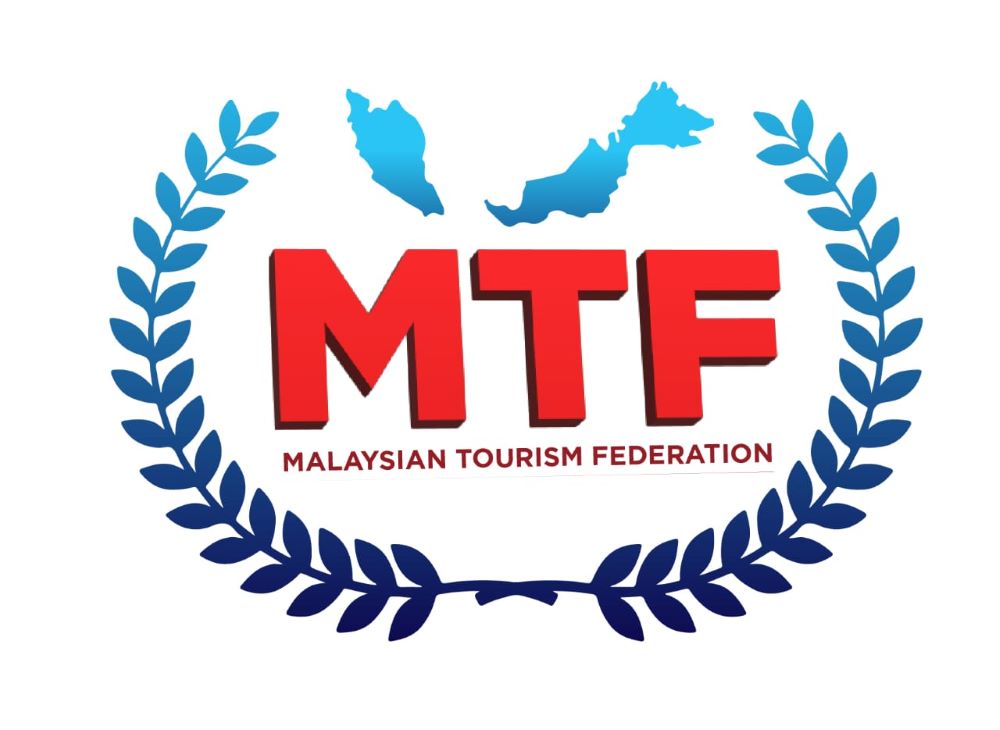MTF Calls for Strategic Tourism Budget Allocation for 2025
In a bid to rejuvenate Malaysia’s tourism sector, the Malaysian Tourism Federation (MTF) has urged the government to implement a targeted and efficient tourism allocation in the upcoming Budget 2025. This initiative seeks to go beyond mere financial injections into the Ministry of Tourism, Arts, and Culture, advocating instead for a tailored approach designed to tackle the industry’s most pressing challenges and create lasting impact.
An Urgent Call for Focused Investments
KUALA LUMPUR, 16 October 2024 – The MTF emphasizes that effective funding should be meticulously distributed to improve tourism infrastructure, enhance facilities, and incentivize key stakeholders involved in the sector. In its latest statement, MTF President Datuk Tan Kok Liang underscored the necessity for a well-defined allocation strategy that would support private sector-driven initiatives and uplift the workforce skills essential for a thriving tourism ecosystem.
“Funding needs to be segmentalised accurately and channelled expeditiously into tourism infrastructure and facilities, products, incentivising key stakeholders, support private-sector initiated events, and upskilling the tourism workforce,” stated Tan. This strategic approach aims not only to solve immediate operational challenges but also to pave the way for sustainable growth.
Addressing Long-standing Challenges
Highlighting the existing hurdles in the tourism sector, Tan called for the Malaysia MADANI government to confront these issues head-on. Among the areas identified for reform are the overhaul of outdated tourism legislation, resolving entertainment tax complications, and managing rising operational costs attributed to manpower and utilities.
“Additional measures must include upgrading tourism vehicles and promoting domestic travel through tax reliefs,” he added. This bundle of reforms aims to create a more robust tourist environment that meets evolving traveler expectations and stays competitive in both regional and global contexts.
The Need for Customised Tax Incentives
The Federation highlighted a critical need for a robust tax incentive framework to stimulate tourism development. Tan cautioned against a “one size fits all” approach, underscoring the importance of tailored tax policies that reflect the diverse needs of different locations in Malaysia.
“For example, certain areas require four to five-star hotels with international branding to attract high-end tourists. However, tax incentives are predominantly directed towards category one to three-star hotels,” he explained. This misalignment, according to Tan, places Malaysia at a competitive disadvantage compared to other high-profile tourism destinations.
MTF is adamant that the government must engage seriously with the proposals put forth by various tourism associations, including the Malaysian Association of Hotels (MAH) and the Malaysian Association of Tour and Travel Agents (MATTA).
Revitalising the Hospitality Sector
Hotel associations have long championed for investment incentives aimed at sustainable development within the hospitality sector. While the National Tourism Policy has set ambitious goals for a sustainable industry by 2030, industry leaders argue that concrete incentives are essential to drive this transformation.
“We hope the upcoming budget will finally prioritise and allocate funding to support this crucial initiative,” Tan concluded.
Reevaluating Existing Incentives
As the Federation looks ahead, it insists that traditional tax incentives available up to Budget 2024 be revisited to ensure they remain relevant amid a rapidly evolving business landscape. Current policies such as the pioneer status eligibility for up to three-star hotels, income tax exemptions for certain events, and double deductions for promotional expenses require urgent reassessment.
A glaring exclusion from the previous incentives framework includes the termination of tax incentives for tour operators catering to both domestic and international markets in 2023. “We urge the Ministry of Finance to reintroduce this incentive, allowing tax savings to support marketing activities,” Tan highlighted.
Government and Private Sector Collaboration
The journey towards establishing Malaysia as a premier tourist destination necessitates a collaborative effort between government agencies and the private sector. Changing traveler expectations and behavioral patterns demand a responsive and proactive approach to tourism policy-making.
“We hope the budget allocation shall be monitored by the Ministry of Finance in preparation for Visit Malaysia Year 2026 (VMY 2026), with a strong emphasis on infrastructure and facilities improvement, product development, enhancing and diversifying destination marketing, improving rural tourism infrastructure, expanding digitalisation, and human resource development to drive tourism growth,” Tan reiterated.
Engaging with diverse stakeholders will be crucial in ensuring that the upcoming budget aligns with the broader aspirations for the tourism sector, enabling Malaysia to reclaim its position as a favored destination for global travelers.
As the countdown to Budget 2025 begins, the MTF’s recommendations offer a roadmap not just for recovery, but for an ambitious future where Malaysia can thrive in the competitive tourism landscape. Readers are invited to share their thoughts on how budget allocations could shape the future of tourism in Malaysia, as the nation prepares for a pivotal year ahead.
For more insights on tourism development in Malaysia, visit our tourism section. For general updates, you may also check official government tourism initiatives.

